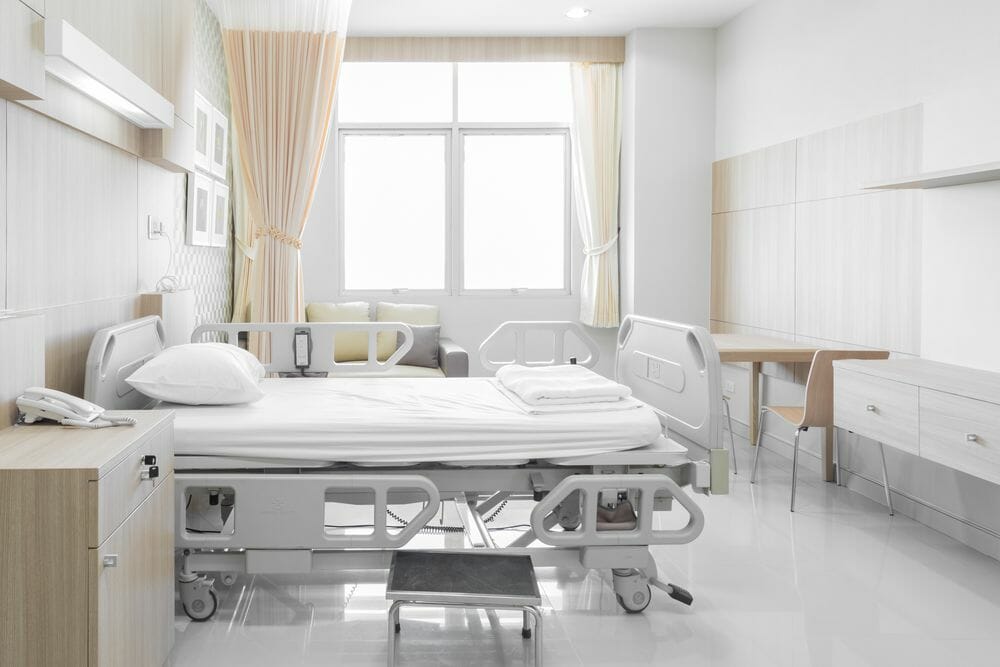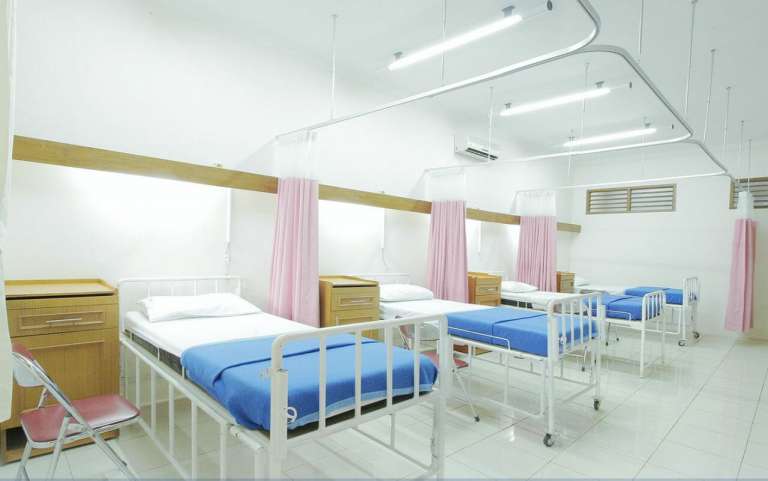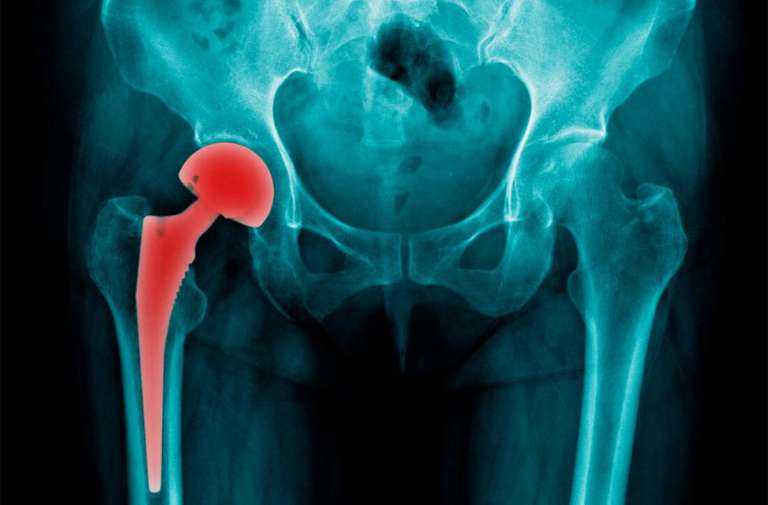A report by NHS Providers, which represents NHS Trusts, has stated that £18bn of funding is needed in the next three years “just to catch up”. So May’s £20bn NHS pledge will not improve healthcare.
The report states that this £18bn is needed to get on top of targets, deal with a maintenance backlog, as well as improve staffing levels and finance.
Last month, Prime Minister Theresa May announced a 3.4% real terms funding rise for the NHS over five years, which equates to roughly £20bn a year by 2023. However, the NHS Providers report says that this £20bn annual NHS windfall will only make up ‘lost ground’, rather than improve health care.
The report states that “filling the gaps that have opened up after almost a decade of austerity will account for much if not most of the new money recently announced by the Prime Minister”.
The report calculated the spending required to meet the target that 92% of patients who require non-urgent care should be treated in 18 weeks and found that the NHS will need to spend £950 million per year for three years to meet this.
As of the most recent figures from March 2018, only 86.8% of patients were treated within this target time, and there are currently over 4.1 million people on waiting lists.
The report also showed that the NHS would need an extra £894 million to be spent on 7,825 extra beds to meet the target of admitting or discharging 95% of A&E patients in four hours.
Furthermore, dealing with maintenance on ‘high-risk’ NHS estates and preventing further backlog would cost at least £1.2 billion a year for three years. Bringing mental health workforce levels back to 2010 levels would cost £364 million a year, and eliminating Trust sector deficits would cost between £645 and £960 million a year.
The report also highlighted that the NHS is currently dependent on wider public services, in particular, public health and social care, and ensuring that these services are also sustainably funded was crucial to the success of the NHS over the next ten years.
Niall Dickinson, the Chief Executive of the NHS Confederation was quoted as saying; “one of the greatest dangers we face is unrealistic expectations. The reality is that we have some really tough decisions ahead. We cannot do it all and we need to admit that”




